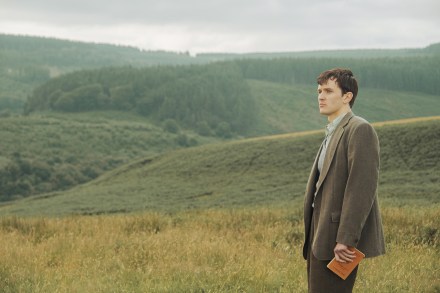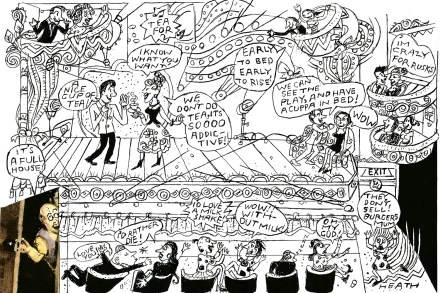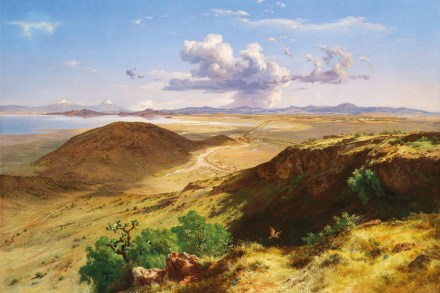Never fully comes to life, alas: Mr Burton reviewed
CinemaMr Burton is a biopic of Richard Burton’s early years and an origins story, if you like. It stars Harry Lawtey as young Richard and Toby Jones as Philip Burton, the inspirational teacher whose name he would take. It’s a fascinating story. In essence, Richard’s drunkard father sold him for £50. But the film is






























